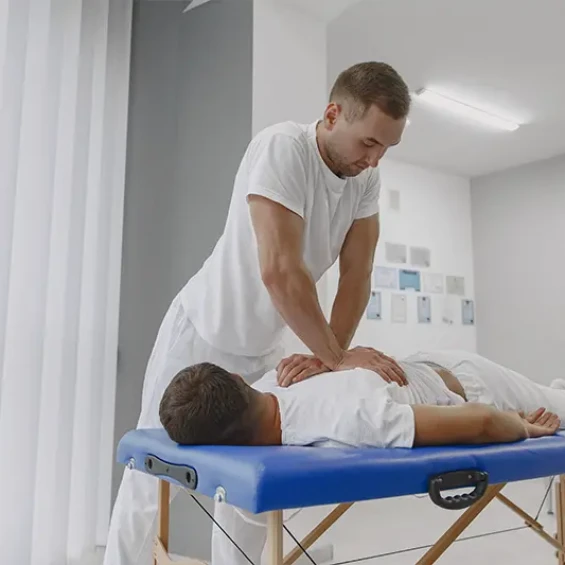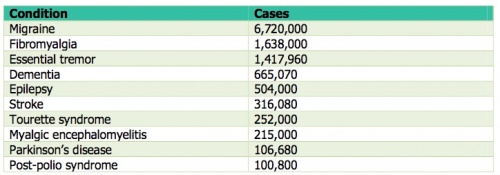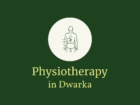Neurological physiotherapy

BOOK AN APPOINTMENT
Introduction
Neurological physiotherapy is a specialized branch of physical therapy aimed at assisting individuals with neurological conditions in regaining movement, function, and independence. From stroke to multiple sclerosis, it plays a crucial role in improving patients’ quality of life. In this post, we’ll explore its fundamentals, benefits, common conditions, interventions, and its profound impact on patients’ lives.


What is Neurological Physiotherapy?
Physiotherapy involves the assessment and treatment of individuals with disorders affecting the nervous system. These disorders can result from injuries, diseases, or degenerative conditions affecting the brain, spinal cord, and peripheral nerves. Neurological physiotherapy aims to maximize functional abilities and promote independence through targeted exercises, therapeutic techniques, and education.
Benefits of Neurological Physiotherapy
Improved Mobility: Physiotherapy helps individuals improve their mobility, whether it’s walking, transferring from one surface to another, or performing activities of daily living. Specific interventions such as gait training, balance exercises, and functional electrical stimulation (FES) can address mobility deficits effectively.
Enhanced Strength and Coordination: Through specific exercises targeting affected muscle groups, patients can regain strength, coordination, and balance, essential for functional movement. Therapeutic activities like resistance training, proprioceptive neuromuscular facilitation (PNF), and task-oriented training promote neuromuscular recovery.c
Pain Management: Physiotherapy techniques such as manual therapy, stretching, and modalities like TENS (Transcutaneous Electrical Nerve Stimulation) can help alleviate pain commonly associated with neurological conditions. Additionally, education on posture correction and ergonomic principles can prevent pain exacerbation.
Increased Independence: By focusing on functional tasks and activities, neurological physiotherapy aims to enhance patients’ ability to perform daily tasks independently, boosting their confidence and quality of life. Strategies such as task-specific training, adaptive equipment prescription, and environmental modifications empower patients to navigate their surroundings more effectively.


Common Conditions Treated with Neurological Physiotherapy
Stroke: Stroke survivors often experience weakness, paralysis, and impaired coordination, making rehabilitation crucial for regaining lost function and preventing complications. Neurological physiotherapy interventions may include constraint-induced movement therapy (CIMT), mirror therapy, and neurodevelopmental techniques to promote motor recovery.
Multiple Sclerosis (MS): MS is a chronic autoimmune disease affecting the central nervous system, leading to various symptoms such as fatigue, muscle weakness, and balance issues. Physiotherapy helps manage these symptoms and maintain functional abilities through aerobic exercise programs, balance training, and energy conservation strategies.
Spinal Cord Injury: Individuals with spinal cord injuries may face challenges with movement, sensation, and bladder and bowel function. Neurological physiotherapy focuses on improving mobility, strength, and independence through activities like locomotor training, functional electrical stimulation (FES), and bladder training protocols.
Parkinson’s Disease: Parkinson’s disease causes tremors, rigidity, and bradykinesia (slowed movements), impacting mobility and balance. Physiotherapy interventions aim to optimize movement patterns and alleviate symptoms through techniques such as LSVT BIG (Lee Silverman Voice Treatment), cueing strategies, and dual-task training.
Traumatic Brain Injury (TBI): Following a TBI, individuals may experience motor deficits, cognitive impairments, and balance problems. Neurological physiotherapy plays a crucial role in promoting recovery and functional independence through cognitive-motor dual-task training, vestibular rehabilitation, and community integration programs.
Statistics and Charts
- According to the World Health Organization (WHO), stroke is the second leading cause of death globally and a leading cause of disability, with around 17 million people experiencing a stroke each year.
- Studies have shown that early and intensive rehabilitation after stroke significantly improves functional outcomes and reduces disability.
- The National Multiple Sclerosis Society reports that approximately 2.3 million people worldwide have MS, with symptoms ranging from mild to severe.
- Research indicates that exercise therapy can improve walking speed, endurance, and quality of life in individuals with MS.
- A meta-analysis published in Neurology suggests that physiotherapy interventions can lead to modest improvements in motor symptoms and mobility in people with Parkinson’s disease.

Conclusion
Neurological physiotherapy is a vital component of rehabilitation for individuals with neurological conditions, offering hope, support, and improved quality of life. By addressing mobility issues, enhancing strength and coordination, managing pain, and promoting independence, physiotherapists play a crucial role in helping patients achieve their rehabilitation goals. Whether recovering from a stroke, managing symptoms of MS, or living with Parkinson’s disease, neurological physiotherapy can make a significant difference in patients’ lives, empowering them to lead fulfilling and active lifestyles.
